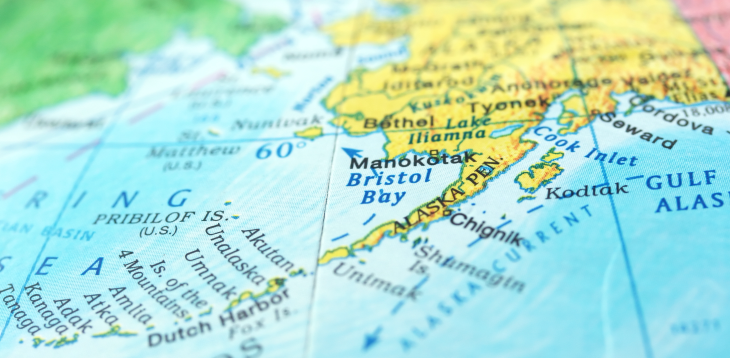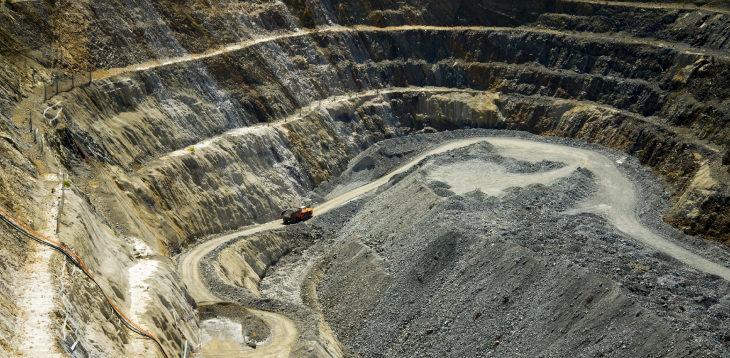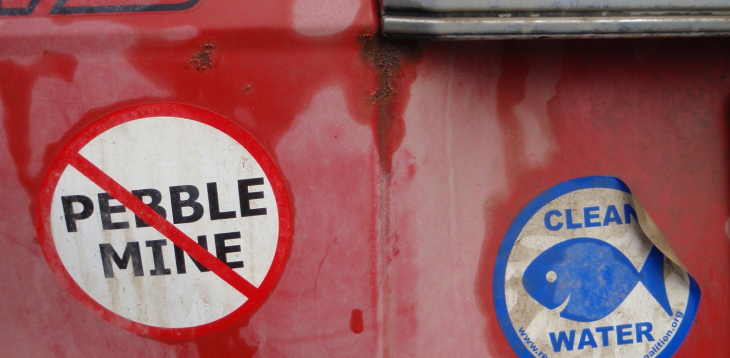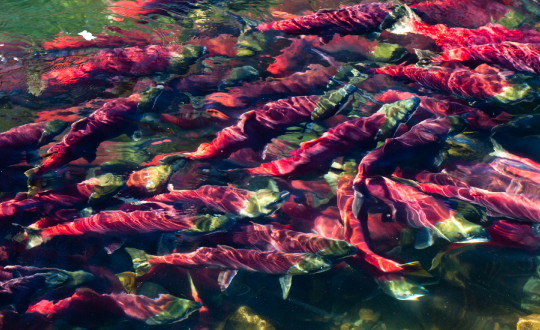If you can’t tell, we love wild-caught salmon. Really, we do. And you can find plenty of information on that elsewhere on our site. But this article is different because it represents so much more than just great-tasting seafood.
You see, we value sustainable fishing practices and seek to show our support as a company to initiatives that will keep the environment clean and pure.
Bristol Bay, Alaska is one of those places in need of our awareness because for years it has been threatened by a corporation trying to expand an existing gold and copper mine — Pebble Mine — into an enormous operation.
The backstory of Bristol Bay

Bristol Bay is located approximately 200 miles southwest of Anchorage, Alaska. The entire region spans across 40 million acres, which is larger than 15 of 50 states2.
You don’t see many homes or businesses there, but rather, you see a valley of untamed rivers and streams that flow into several nearby lakes that dot the region and to the ocean.
It’s the cream of the crop when it comes to Alaskan salmon because Bristol Bay is home to the world’s largest salmon run and commercial sockeye salmon fishery.
The region flows with species like Coho, Sockeye, and several more. It’s some of the purest, best-tasting salmon in the world. It’s possible that you’ve eaten wild-caught salmon from there without knowing it.
While the fishing has been extraordinary since the region was discovered by man, in recent decades, interest in mining the area has grown exponentially.
What is Pebble Mine and why all the fuss?

Pebble Mine, as it’s currently known, is a mining operation in Bristol Bay, Alaska. The area was first noticed for its enormous ore deposits when an exploration company, Teck Resources, analyzed surface samples at the Pebble site in 19873.
Long story short, Bristol Bay just happens to be the world’s second-largest ore deposit of its type, so it’s not just big, it’s massive. Hence the reason many want to tap into those resources.
Fast forward to 2001 when Northern Dynasty Minerals3 obtained the property from Teck Resources and began further exploration. Since then, the company has identified even more areas that it wants to mine, and it’s had no issue raising hundreds of millions of dollars to fund its vision.
Years ago, Northern Dynasty Minerals proposed to develop a massive mine that would span more than one-mile in length, one-mile in width, and 200 meters in depth.
In layman’s terms, that would destroy more than 81 miles of salmon streams, 3,500 acres of valuable wetlands, and fragment an undeterminable amount of other streams and water bodies spreading miles away.
Parties opposed to the project (like us) are not only worried about the immediate destruction of the land, but also the long-term environmental effects and especially the toll on the salmon run.
Where does the Pebble Mine project currently stand?

As it stands now, Bristol Bay provides more than 14,000 jobs in Alaska and if the project were to be approved, it would be a massive hit to the existing $1.5 billion Alaskan fishing economy1.
On November 25, 2020, The U.S. Army Corps of Engineers rejected a key permit for Pebble Mine1. The denial highlighted various concerns that opposers have voiced all along.
That decision may end up being the nail in the coffin and prevent any further development of Pebble Mine, but it’s likely that Northern Dynasty Minerals will seek an appeal and continue to advocate their cause.
Experts on the situation fully expect USA Wild Seafood, along with many other companies, to continue to advocate that Pebble Mine never be further developed, as the region is one of the earth’s great surviving ecosystems.
Sources

